10 Tax Deductions for Cleaning Businesses
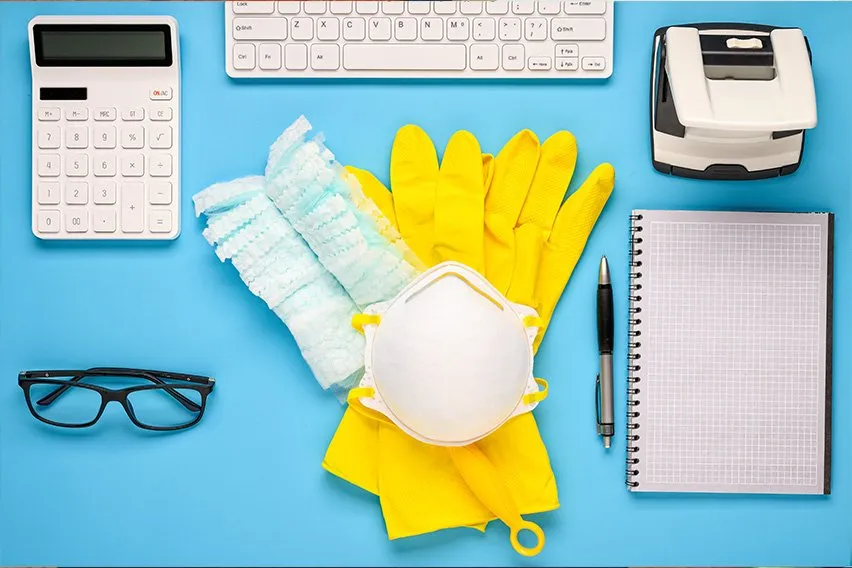
Residential and commercial cleaning companies provide an invaluable service to home and business owners looking to keep their spaces sanitized and sparkling clean.
If you’re a cleaning service provider, then you know the hard work that goes into keeping your clients happy. That’s why you deserve all the tax savings you can manage to keep your business thriving financially.
In this guide, we’re covering the money-saving tax deductions you can take advantage of in your cleaning business. Finding those tax-deductible expenses is the key to maximizing your profit, and scaling up your company sustainably.
Table of Contents
- ‘Ordinary and Necessary’ Business Expenses
- 10 Tax Deductions for Cleaning Service Providers
- How Do Tax Deductions Help Cleaning Companies?
- Take Advantage of Tax Deductions in Your Business

‘Ordinary and Necessary’ Business Expenses
The IRS allows businesses to write off “ordinary” expenses, meaning costs that other business owners in your industry typically pay for in order to operate. At the same time, “necessary” expenses are those that are required when it comes to providing services and otherwise running your business.
For example, business licensing and cleaning supplies are ordinary and necessary expenses associated with running a cleaning service business . Buying tickets to a local concert is not. In any case, you must prove to the IRS that each expense is business related and qualifies as a tax write-off. This guide will help you determine what those expenses are.
10 Tax Deductions for Cleaning Service Providers
If you operate a cleaning business, you may be able to save money on your taxes depending on the costs you accrue in the course of doing your work, and the contributions you make throughout the year. Many business owners fail to take advantage of these deductions simply because they are unaware that they exist. That’s why we’re here to share the knowledge.
Take note of the following deductible expenses to save your business a hefty sum come tax time.
1. Operating a Home Office
If you run a home-based cleaning company, the IRS allows you to claim a portion of your housing expenses as a home office deduction. This number is calculated by dividing the square footage of your home office space (which you use exclusively for work) by the total square footage of your home.
Starting a home-based cleaning business has many perks. For one, you can minimize your costs by operating from a home office rather than leasing a space. You also have the convenience of running your business out of your home, which means no commute. And, finally, you get some dandy home office-related savings on your taxes. Additionally, understanding how to price house cleaning jobs effectively can further increase your profit margins while remaining competitive
2. Administrative Expenses
Being self-employed often means juggling many different responsibilities in your business, including administrative work. But if you’re in a position to hire an office assistant or outsource services, then you may be able to write off these costs as well.
Any business-related costs that have to do with office work, the software you use in your company, or keeping your company running smoothly may qualify as a tax write-off. In fact, there is an extensive list of business write-offs to consider if you operate as a limited liability company (LLC).
3. Materials and Equipment
Your cleaning service business likely provides a wide range of services, which likely require a wide range of cleaning products and equipment. Since these materials are a required expense in your business, you’re usually able to write them off.
Some tax-deductible equipment, products and materials can include:
- Cleaning chemicals
- Rags
- Brooms and mops
- Vacuum cleaners
- Spray bottles
- Buckets
- Company vehicle(s)
It’s best to keep a detailed account of all of these expenses, ideally with receipts, in order to calculate your deductions come tax time. Small business accounting software can assist you in recording these costs so you don’t have to do so by hand.
4. Contractors
Many self-employed business owners operate solo, while others hire contractors. If you’ve hired help, you might be able to write off this expense.
Independent contractors typically operate on a per-contract basis rather than as full-time employees. You must provide contractors with a Form 1099-MISC so they can file their own tax return. You’ll then provide the IRS with a Form 1096 to show how much you paid them for their services.
5. Travel-related Expenses
Whether you provide services close to your home or work across your state, it’s likely that you’ll be required to travel in order to get to the job site. Lugging a bunch of cleaning materials across town is no easy task, so having a company vehicle is a reasonable expense as well.
You can write off the cost of your company vehicle, including licensing and insurance. You can also write off fuel costs, toll fees, parking fees and more. It helps to use a mileage tracking app so you can easily calculate your miles and travel-related expenses.
6. Advertising and Marketing
New clients, unfortunately, don’t grow on trees, so marketing your business is an essential task when it comes to keeping your schedule full. Fortunately, you can write off marketing services and advertising expenses as well, saving you money in the long run.
When it comes time to fill out your tax return, you’ll have the opportunity to note your marketing-related expenses. These expenses might include:
- Marketing services
- Online advertising
- Social media marketing services
- Print ads
- Billboard advertisements
- Networking events
- Marketing tools and software
7. Business and Liability Insurance
Self-employed business owners or Freelancers can deduct insurance premiums of any kind, including health and dental insurance. This also includes business insurance and liability coverage. Vehicle insurance can also be deducted if the vehicle is being used for work-related travel and the owner chooses to report actual expenses, not just the standard mileage.
8. Bank Charges
An often overlooked expense, bank fees are another cost that can be written off on your business taxes. Of course, you will want to keep a close eye on your work account(s) in order to accurately calculate your bank fees. It often helps to use accounting software or employ the help of a professional accountant to calculate your total bank fees, exploring a creative way to manage finances and handle creative tax deductions for small businesses.

9. Accounting Fees
Filing a business tax return—and managing your business finances in general—can be complicated. Fortunately, hiring a professional accountant or using automated accounting software can prevent loads of headaches and help you maximize your tax deductions.
As a self-employed business owner and cleaning company owner, there will be lots of things to consider when it comes to managing your finances. The right software can make it easy to calculate your expenses, track your income, send invoices and much more. The accounting fees associated with this software are minimal compared to the savings you’ll uncover come tax time.
10. Business Phone, Fax and Internet
Having a business phone and an internet connection are essential to running a successful home office. It’s important to have at least one line of communication open in order to stay in touch with clients, market your business and send invoices for your services. Fortunately, you can write off communication-related expenses too.
This applies even if you use your personal phone for business purposes, so take note of this when it comes time to file your tax return. Also consider any company-issued phones for employees. These costs can certainly add up.
How Do Tax Deductions Help Cleaning Companies?
A tax deduction decreases a business’s tax liability by lowering its taxable income. For example, if your cleaning business generated $200,000 in revenue but accrued $50,000 in tax deductible expenses, then your business will be taxed on the remaining $150,000 rather than the entire $200,000.
Deductions are typically expenses that can be subtracted from your gross income to determine how much income tax you owe. The more tax-exempt costs you have, the less you will have to pay in taxes. By comparison, other expenses may still be taxable.
In a nutshell, cleaning business owners should want to maximize their tax deductions in order to save as much money as possible at the end of the tax year.
Take Advantage of Tax Deductions in Your Business
Operating a cleaning company can certainly be fulfilling, yet it comes with many of the responsibilities associated with running any other type of business. Filing taxes is just a part of being a responsible business owner. Fortunately, you can save money on your taxes by considering your tax-deductible expenses.
FreshBooks is a small business ally, especially during tax time. For cleaning companies, meticulous record-keeping is key for maximizing deductions.
FreshBooks simplifies this by tracking expenses—from supplies and equipment to mileage and insurance—and generating essential reports like profit and loss statements. These reports offer a clear financial overview, helping identify deductions and ensure accurate filing.
This organized approach reduces tax-time stress and empowers informed business decisions year-round. Try FreshBooks for free today and simplify your tax prep.
RELATED ARTICLES

 Construction Tax Deductions for Builders and Contracting Businesses
Construction Tax Deductions for Builders and Contracting Businesses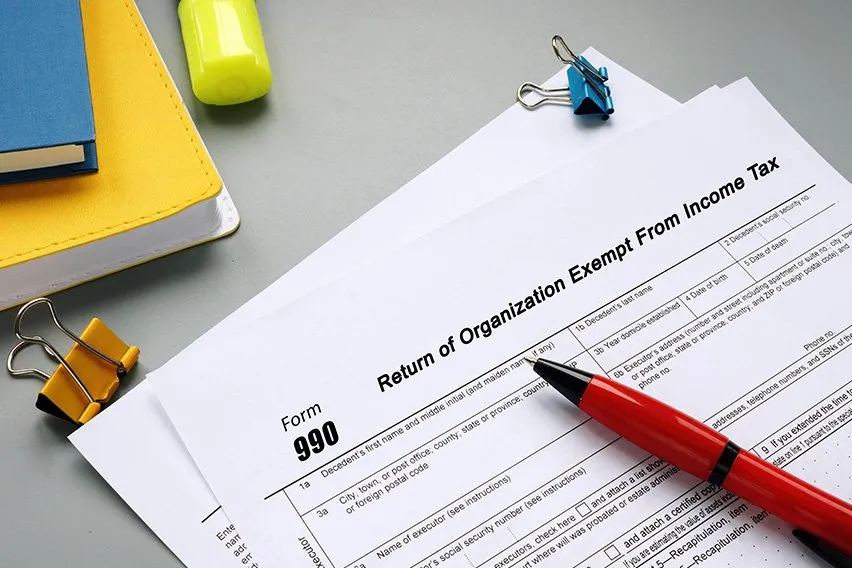 Nonprofit Tax Deductions for 501(c)(3) Organizations
Nonprofit Tax Deductions for 501(c)(3) Organizations Five Easy Ways to Tackle Tax Season When You're Self-Employed
Five Easy Ways to Tackle Tax Season When You're Self-Employed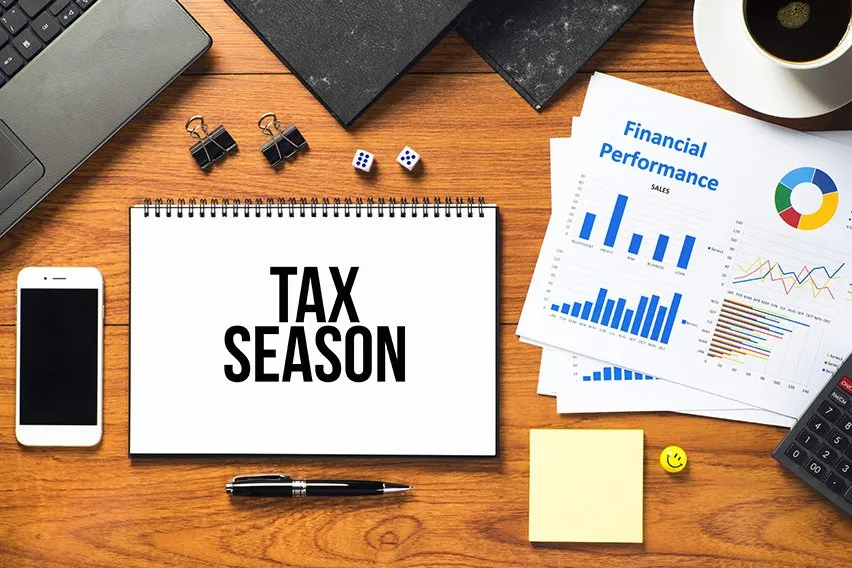 How the Self-Employed Can Prepare for Tax Season All Year Long
How the Self-Employed Can Prepare for Tax Season All Year Long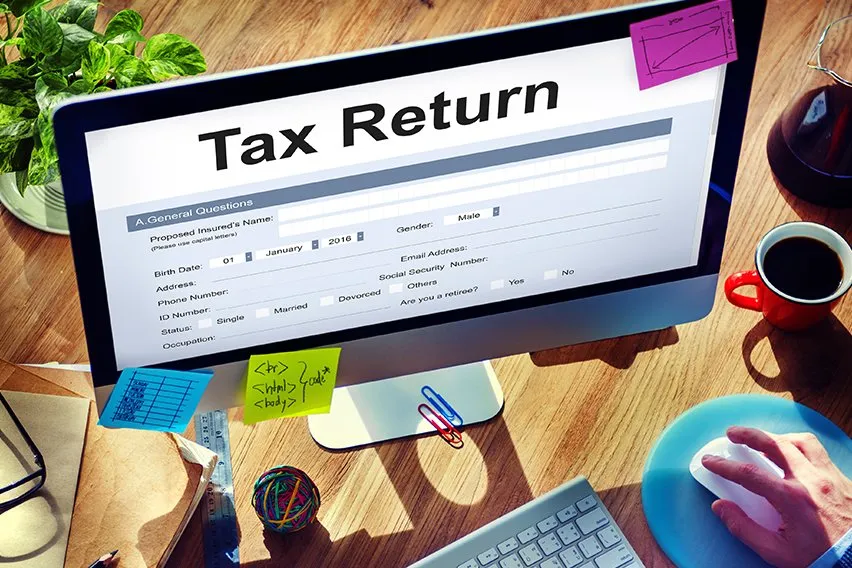 Five Tips for Freelancers Preparing for Tax Season
Five Tips for Freelancers Preparing for Tax Season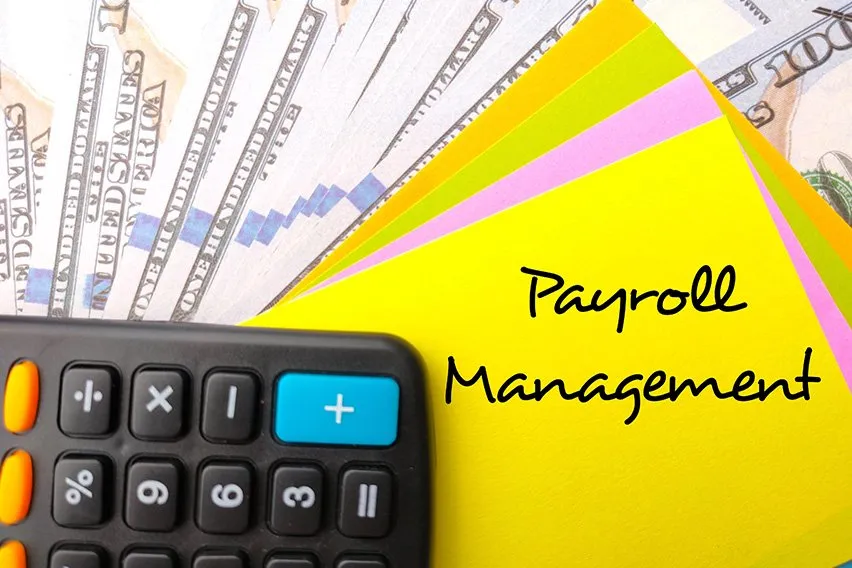 How to Manage Payroll—Payroll Tips for Small Businesses
How to Manage Payroll—Payroll Tips for Small Businesses